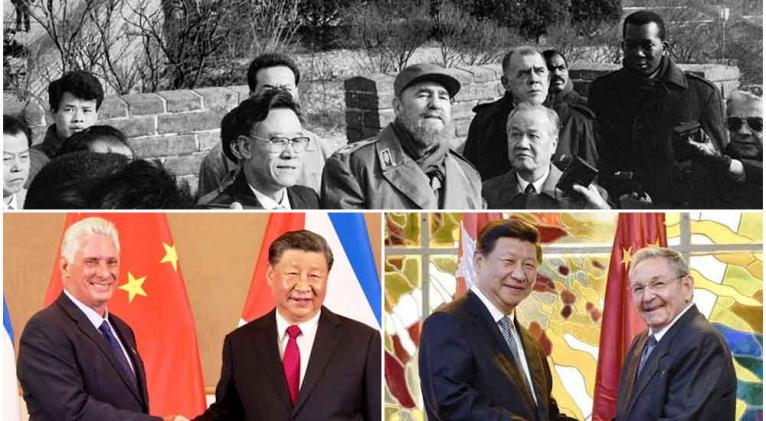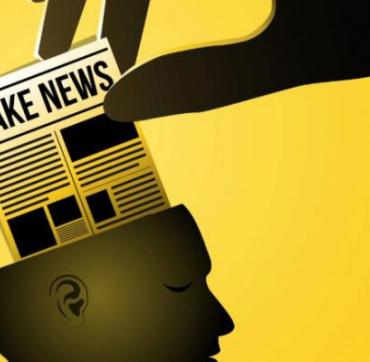China and Cuba build a community of shared future
especiales

China and Cuba are building today a community of shared future for the benefit of both nations on solid relations whose development prospects are bright, Ambassador Hua Xin highlighted here.
“The most essential aspect of Sino-Cuban ties is that they do not depend on temporary circumstances, on few interests, but represent a common vision on a beneficial future for the two peoples, extended to the world,” the head of Mission described at a press conference.
On the basis of this concept -he added- these countries are promoting a highly complementary relationship on fields in which they are strong.
Cuba was the first country in the Western Hemisphere to establish official ties with Beijing on September 2, 1960, and since then they have cultivated strong ties with fruitful results.
The diplomat illustrated that the island is currently facing tough challenges in the energy and agriculture sectors; and in these fields China has strengths, “that is why we are going to lend our helping hand,” Hua Xin said.
Cuba, for example, has a convening power and influence on the regional framework among countries of the Caribbean, Latin America and the Global South in general, and in international forums it always defends just causes and speaks in favor of China.
He clarified, however, that “it is not an exchange of interests, but the links are based on the same understanding and vision of the world. This is really the most valuable thing in the community of shared future between our nations”,
Hua Xin stressed.
He added there is close collaboration and the two governments are determined to raise it to a higher level in several areas.
The diplomat shared that he always uses a phrase: “Helping Cuba is helping China” and vice versa.
Researcher and professor Ruvislei Gonzalez noted in an essay that the ties between these countries have a special value, since Chinese blood runs through the veins of many Cubans.
Just this year 2024 -he further wrote- the island commemorates the arrival of the first migrants from that Asian nation, and their contribution to the important cause of the struggle for independence against Spanish colonialism. This leads to a better understanding of the Cuban identity, the specialist explained.
The expert from the Center for International Policy Research recalled that before making their ties official, both governments signed two agreements in July 1960 that paved the way for a new direction in their ties, one on cultural cooperation and the other on scientific and technical cooperation.
Since then Beijing and Havana have sealed 200 agreements and organized multiple meetings and sessions at the highest level.
Ambassador Huan Xin recalled that in recent days he met with President Miguel Diaz-Canel and discussed the future development of bilateral ties that are well sustained.
Beijing acknowledges, he said, that Cuba was the first country in the Western Hemisphere to establish official ties with Beijing, and thanks it for defending the principle of one China and rejecting interference in Chinese internal affairs.
He also noted that the two peoples cultivate a deep friendship, while predicting a greater influx of Chinese tourists thanks to the resumption of Beijing-Havana flights through Madrid and the Cuban Foreign Ministry’s decision to facilitate visa.
“The beautiful scenery, the hospitality of the people, the music, the rum and tobacco with its special Cuban aroma are going to leave them with a deep and pleasant impression,” the ambassador predicted.














Add new comment